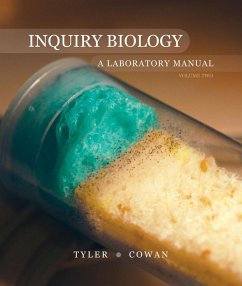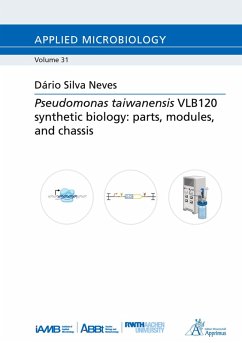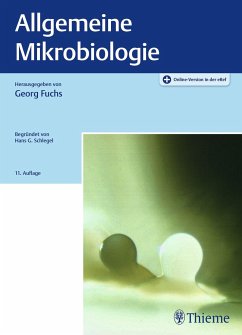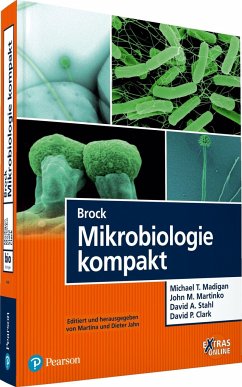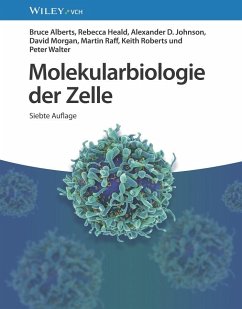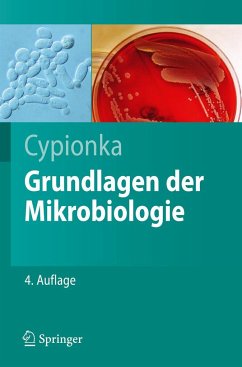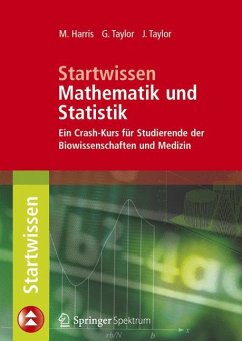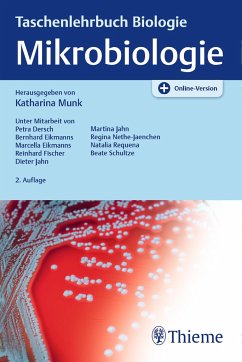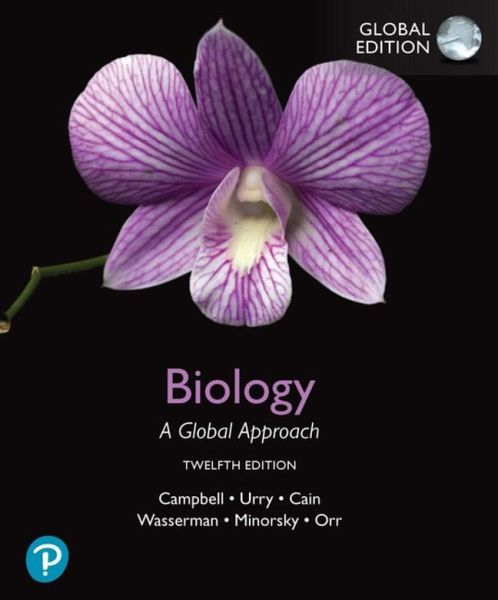
Biology: A Global Approach, Global Edition
Versandkostenfrei!
Sofort lieferbar
63,99 €
inkl. MwSt.

PAYBACK Punkte
32 °P sammeln!
Get a true understanding of the essential concepts in Biology with trusted content that sets the standards for excellence, accuracy, and innovation. Biology: A Global Approach, Global Edition, 12th Edition is the latest version of the ultimate text in the field coming from a leading team of authors, advancing Neil Campbell's vision of delivering an accurate and pedagogically innovative experience.This latest version reflects the most recent developments in the field, with hallmark and new features that introduce content, interactive tools, and activities aiming to help you organise a vast amou...
Get a true understanding of the essential concepts in Biology with trusted content that sets the standards for excellence, accuracy, and innovation.
Biology: A Global Approach, Global Edition, 12th Edition is the latest version of the ultimate text in the field coming from a leading team of authors, advancing Neil Campbell's vision of delivering an accurate and pedagogically innovative experience.
This latest version reflects the most recent developments in the field, with hallmark and new features that introduce content, interactive tools, and activities aiming to help you organise a vast amount of information and make complex concepts more accessible, engaging, and exciting.
Well-known for strategically integrating text and artwork, the textbook encourages you to build your individual learning skills and the confidence to participate in group discussions and assignments, inviting you to an active process of inquiry and learning.
Hallmark and new features include:
Chapter Openers: A question answered with a clear, simple image to help you visualise and remember concepts as you move through the chapter.Evolution sections: A focus on the evolutionary aspects of the chapter material, ending with questions and writing assignments.Key Concepts: Provide anorganisation of the framework for each chapter, reinforcing your understanding of the topics.Science in the Classroom: Annotated journal articles from the American Association for the Advancement of Science (AAAS).
With engaging content and a plethora of digital and interactive tools, this leading textbook is the trusted course solution in the field, ensuring you get a pedagogical yet enjoyable learning experience.
You can now review sample pages from the text here.
Biology: A Global Approach, Global Edition, 12th Edition is the latest version of the ultimate text in the field coming from a leading team of authors, advancing Neil Campbell's vision of delivering an accurate and pedagogically innovative experience.
This latest version reflects the most recent developments in the field, with hallmark and new features that introduce content, interactive tools, and activities aiming to help you organise a vast amount of information and make complex concepts more accessible, engaging, and exciting.
Well-known for strategically integrating text and artwork, the textbook encourages you to build your individual learning skills and the confidence to participate in group discussions and assignments, inviting you to an active process of inquiry and learning.
Hallmark and new features include:
Chapter Openers: A question answered with a clear, simple image to help you visualise and remember concepts as you move through the chapter.Evolution sections: A focus on the evolutionary aspects of the chapter material, ending with questions and writing assignments.Key Concepts: Provide anorganisation of the framework for each chapter, reinforcing your understanding of the topics.Science in the Classroom: Annotated journal articles from the American Association for the Advancement of Science (AAAS).
With engaging content and a plethora of digital and interactive tools, this leading textbook is the trusted course solution in the field, ensuring you get a pedagogical yet enjoyable learning experience.
You can now review sample pages from the text here.



